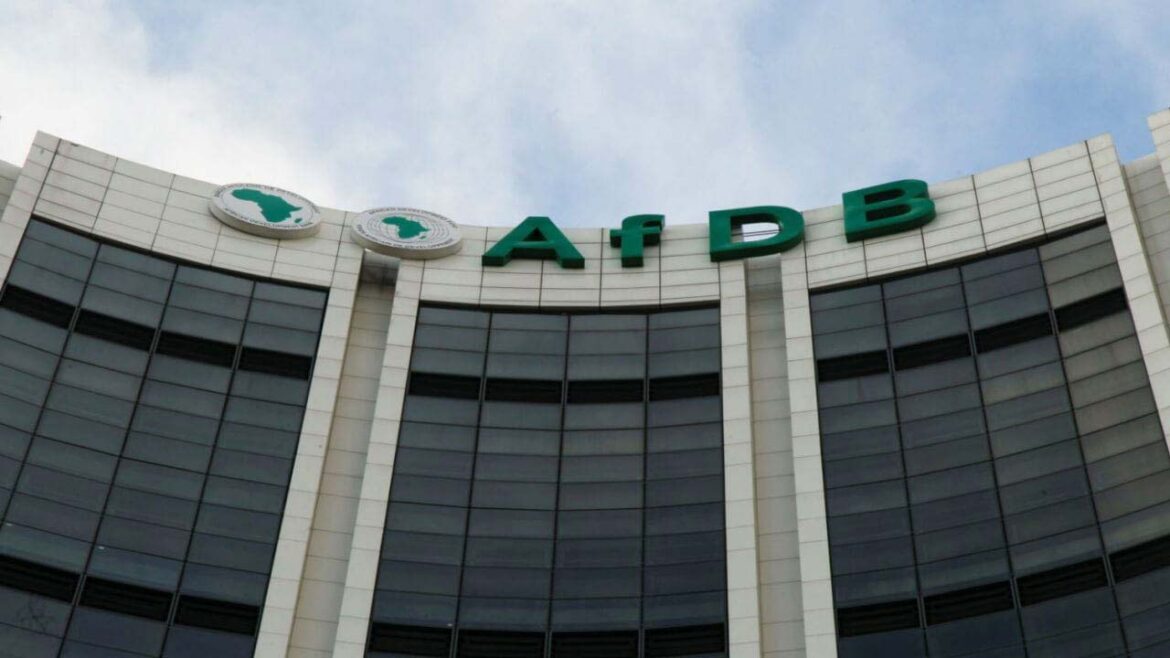By Muhammad Amaan
The real Gross Domestic Product (GDP) growth for Africa is expected to average 3.8 per cent and 4.2 per cent in 2024 and 2025.
The African Development Bank (AfDB) said this in its latest Macroeconomic Performance and Outlook (MEO) report.
In a statement issued on the Bank’s website, this is higher than the projected global averages of 2.9 per cent and 3.2 per cent, according to the report.
According to the report, the continent is set to remain the second-fastest-growing region after Asia.
“The top 11 African countries projected to experience strong economic performance forecast are Niger (11.2 per cent), Senegal (8.2 per cent), Libya (7.9 per cent) and Rwanda (7.2 per cent)”
“Others are Cote d’Ivoire 6.8 per cent, Ethiopia 6.7 per cent, Benin 6.4 per cent), Djibouti 6.2 per cent, Tanzania 6.1 per cent, Togo 6 per cent, and Uganda at six per cent” the report said.
It quoted Dr Akinwumi Adesina, AfDB’s President, as saying “in spite the challenging global and regional economic environment, 15 African countries have posted output expansions of more than five per cent.”
He, therefore, called for larger pools of financing and several policy interventions to boost Africa’s growth further.
The Africa’s Macroeconomic Performance and Outlook is a biannual publication released in the first and third quarters of each year.
It complements the existing African Economic Outlook (AEO), which focuses on key emerging policy issues relevant to the continent’s development.
The MEO report provides an up-to-date evidence-based assessment of the continent’s recent macroeconomic performance and short-to-medium-term outlook amid dynamic global economic developments.
Dr Adesina said the latest report called for cautious optimism given the challenges posed by global and regional risks.
He listed the risks to include rising geo-political tensions, increased regional conflicts, and political instability all of which could disrupt trade and investment flows, and perpetuate inflationary pressures.
According to Adesina, fiscal deficits have improved, as faster-than-expected and recovery from the pandemic helped shore up revenue.
“This has led to a stabilisation of the average fiscal deficit at 4.9 per cent in 2023, like 2022, but significantly less than the 6.9 per cent average fiscal deficit of 2020.
“The stabilisation is also due to the fiscal consolidation measures, especially in countries with elevated risks of debt distress.”
The AfDB boss said that with the global economy mired in uncertainty, the fiscal positions of the African continent would continue to be vulnerable to global shocks.
“The report shows that the medium-term growth outlook for the continent’s five regions is slowly improving, a pointer to the continued resilience of Africa’s economies.”
Presenting key findings of the report, the AfDB’s Chief Economist and Vice President, Professor Kevin Urama said growth in Africa’s top-performing economies had benefitted from a range of factors.
He said the factors include declining commodity dependence through economic diversification, increasing strategic investment in key growth sectors, rising both public and private consumption, and positive developments in key export markets.
“Africa’s economic growth is projected to regain moderate strength as long as the global economy remains resilient, disinflation continues, investment in infrastructure projects remains buoyant, and progress is sustained on debt restructuring and fiscal consolidation,” Urama said.




